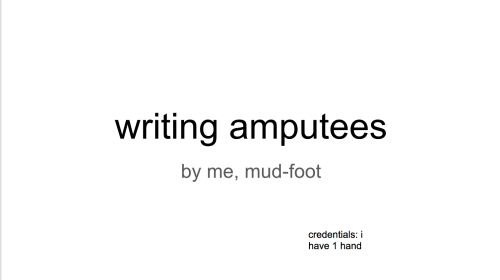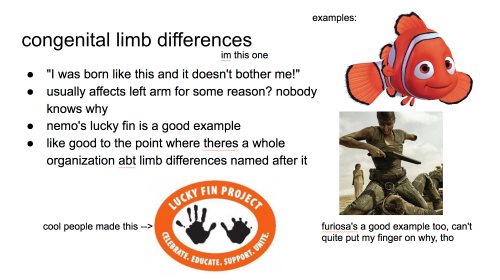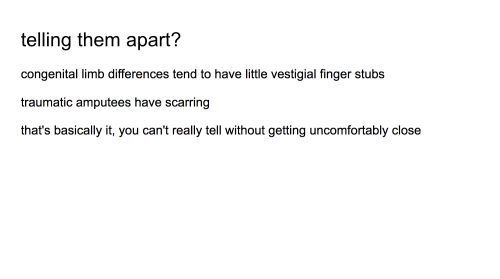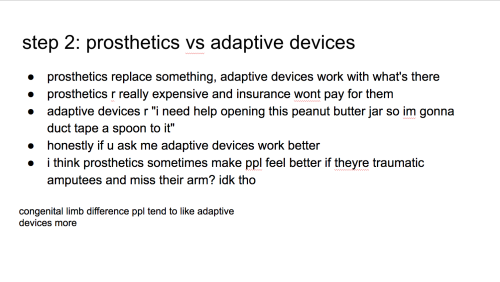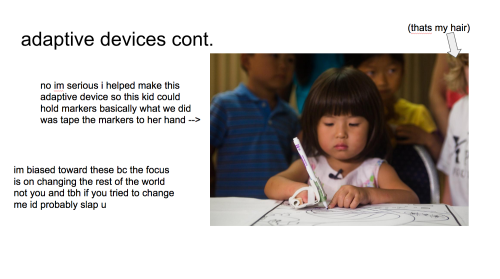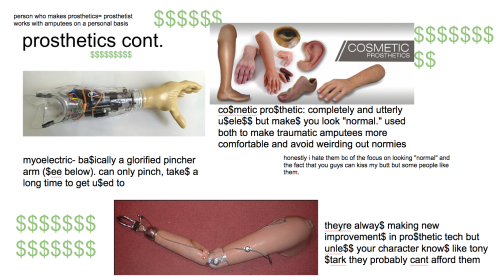Gendhb - Untitled
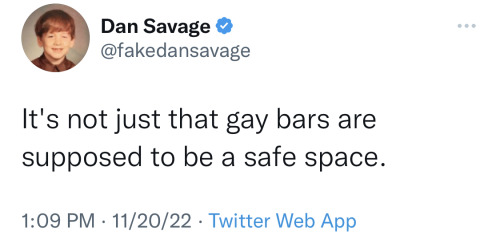
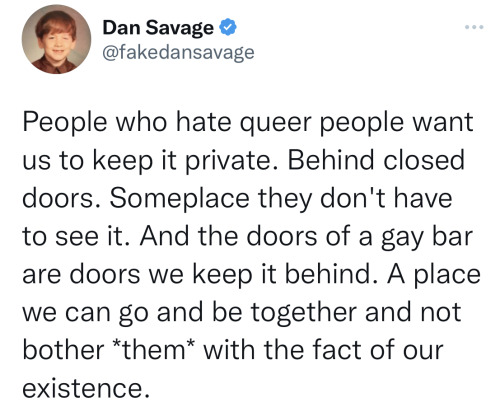
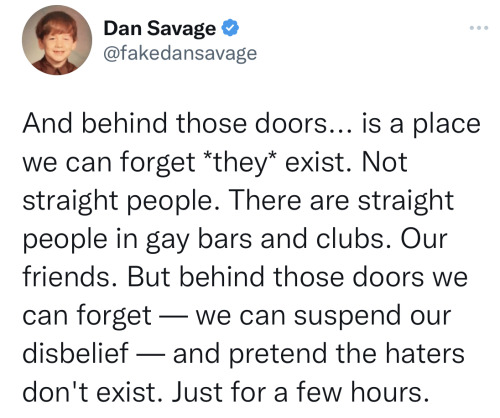
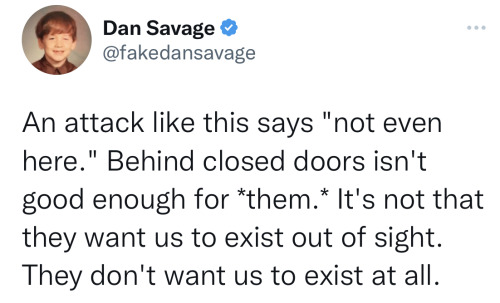
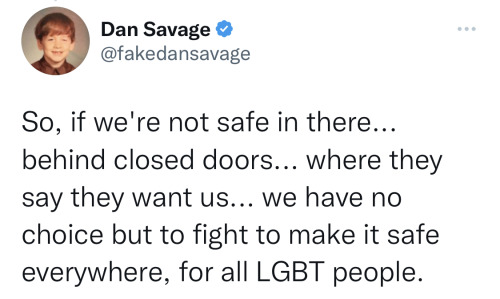
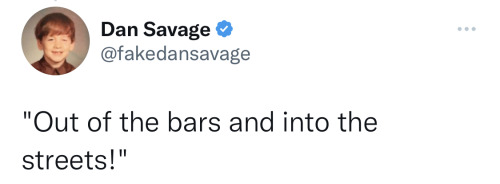
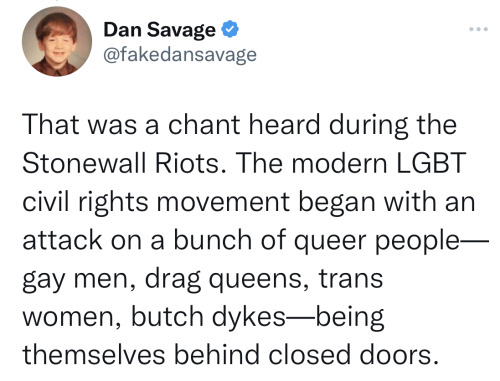

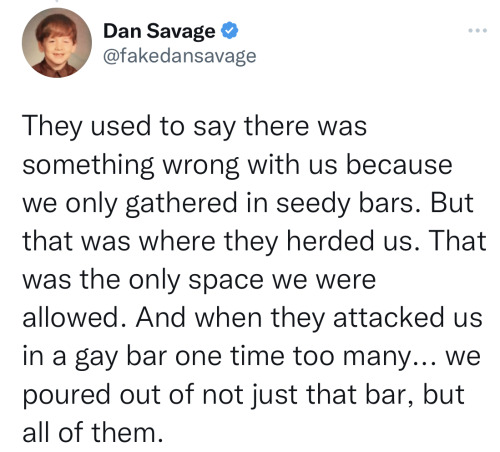





More Posts from Gendhb and Others
Hi, I just wanted to let you know that I really appreciate your social and cultural historiography. While I'm familiar with English and French Monasticism from 1300 onward, my focus was on clerical life and theology having contemporaneous context is really helpful. Your explanations are also clear and funny, which I appreciate as well. I haven't gotten too far into your studies yet but do you have any knowledge of European Muslims outside of the O.E.?
Aha, I am afraid I don’t actually know what you mean by “outside of the O.E.” (this is on me for not being a Cool Kid, no doubt, but there you have it). However, if you mean Muslims in medieval Europe, medieval Europe’s perception of/interaction with Muslims, how this changed in the late medieval/early modern period, and where these sites of contact were most likely to happen: yes, I absolutely have all of that! (Edit: @codenamefinlandia kindly suggested that this might mean outside the Ottoman Empire, which I doubtless should have thought of, but I hope this is indeed what you mean? In which case, yes, the below resources will be very helpful for you in exploring the European Muslim presence well before the Ottomans.)
I wrote briefly about Muslims in my Historical People of Color in Europe post, including in the context of the crusades, their long-term settlements in medieval Spain and Italy, and the relationships of the Muslim empires with Elizabethan England. There are, as you might expect, many studies focusing on Muslim-Christian contacts in medieval Europe and in the wider medieval world, of which the crusades are probably the best-known example. Below follows a selection of some reading material which might be helpful:
Sea of the Caliphs: The Mediterranean in the Medieval Islamic World by Christophe Picard (this is about medieval Islamic trade in the Mediterranean, as it says on the tin, starting in the 7th century with the original Muslim conquests, and focuses on its role in cultural contacts between Muslims and Christians of southern and eastern Europe)
The Arab Influence in Medieval Europe, ed. Dionisius A. Agios and Richard Hitchcock (a collection of essays about Arabic influence on medieval Europe, this one doesn’t have any e-version so you might need to consult a university library)
The Muslims of Medieval Italy by Alex Metcalfe (examines the rise and fall of the Islamic presence in southern Italy and Sicily between about 800--1300, and how this was transformed into a frontier of cultural contact, exchange, and conflict alike)
Idols in the East: European Representations of Islam and the Orient, 1100--1450, by Suzanne Conklin Akbari (examines how the Islamic world was depicted in the ‘high’ medieval era, and the developments of some of these Orientalist images in the 19th century and onward)
Sons of Ishmael: Muslims through European Eyes in the Middle Ages by John V. Tolan (in something of the same vein as the above; he has written another book called Saracens: Islam in the Medieval European Imagination which focuses more on the semiotic, literary, and narrative construction of the “othered Muslim”).
Muslim and Christian Contact in the Middle Ages: A Reader, ed. Jarbel Rodriguez (a GREAT book with multiple types of examples, primary sources, regions, and types of contact between Muslims and Christians from the seventh through the fifteenth century, including Byzantine, Jewish, Muslim, and Christian authors of the time period)
Muslims of Medieval Latin Christendom, c. 1050--1614, by Brian Catlos (another book which I really need to read more of, focusing on medieval Muslims who actually lived IN Europe, including in Spain, Italy, Hungary, the Balkans/Eastern Europe, and other places).
The Republic of Arabic Letters: Islam and the European Enlightenment, by Alexander Bevilacqua (studies how the study/approach to Islam changed i the seventeenth and eighteenth centuries, and how many Enlightenment scholars learned Arabic and read Islamic texts)
As Catlos says in Muslims of Medieval Latin Christendom: “In fact, the Muslims of medieval Europe included substantial communities scattered right across the Latin-dominated Mediterranean, from the Atlantic coast to the Transjordan, as well as in Central and Eastern Europe. In some areas they survived for only a century or two, whereas in others they persevered for well over five hundred years. They did not live as isolated enclaves, they were not uniformly poor, and were not necessarily subject to systematic repression; rather, they comprised diverse communities and dynamic societies that played an important role in the formation of what would eventually emerge a modern European culture and society.” In other words, while we’ve discussed before that medieval Europe was never uniformly white and never uniformly Christian, people tend to think that Jews were the only other religion that lived permanently in Europe. While Italy, Iberia, and the Balkans maintained the most enduring Muslim communities, that was not the only place they lived, and they were not merely merchants passing through without settling (though there was plenty of interreligious trade). We’ve discussed before how Yusuf/Joe would not necessarily always be a surprising or unexpected sight in Europe, and how people there would be a lot more used to him than you might expect. So: yes, Islam was always embedded in the fabric of medieval Europe, both as enemies during the crusades and as long-term citizens and communities at home.
Bonus: have some work on queer medieval and early modern Muslims, because reasons!
Sahar Amer, ‘Medieval Arab Lesbians and Lesbian-like Women’, Journal of the History of Sexuality, 18 (2009), 215-236
Sahar Amer, Crossing Borders: Love between Women in Medieval French and Arabic Literatures (Philadelphia: University of Pennsylvania Press, 2008)
Samar Habib, Arabo-Islamic Texts on Female Homosexuality, 850--1780 A.D. (Teneo Press, 2009)
Samar Habib, Female Homosexuality in the Middle East: Histories and Representations (London: Routledge, 2007)
Samar Habib, Islam and Homosexuality (Praeger, 2010)
E. J. Hernández Peña, ‘Reclaiming Alterity: Strangeness and the Queering of Islam in Medieval and Early Modern Spain’, Theology & Sexuality, 22 (2016) 42-56
Gregory S. Hutcheson, ‘The Sodomitic Moor: Queerness in the Narrative of Reconquista’, in Queering the Middle Ages, ed. by Glen Burger and Steven F. Kruger (Minneapolis: University of Minnesota Press, 2001), pp. 99-122.
Gregory S. Hutcheson et al., eds., Queer Iberia: Sexualities, Cultures, and Crossings from the Middle Ages to the Renaissance (Durham, NC: Duke University Press, 1999)
Scott Alan Kugle, Homosexuality in Islam: Critical Reflections on Gay, Lesbian, and Transgender Muslims (Oneworld Publications, 2010)
Stephen O. Murray and Will Roscoe, Islamic Homosexualities: Culture, History, and Literature (New York: New York University Press, 1997)
Anyway. Let me know if you want me to expand on any of these topics in more detail, and I hope some of these resources are helpful!



Nautilus House Interior (2006/2007) Designed by Javier Senosiain Naucalpan, Mexico
you’re just some twerp little faggot pretending to know things abt the real world
i’m obsessed with the way this is worded, reblog if you’re just a twerp little faggot
terfs are always like "being a woman is about SUFFERING" well I think being a woman is about having fun and kissing other women. sucks for you though
intersex bodies are just as natural and regular as perisex bodies, the only difference is that perisex bodies are more common. being intersex is not a birth defect in the same way being a perisex woman is not a birth defect. nothing broke, nothing is "wrong" with us, we are just less common.
being a perisex woman or a perisex man isn't a medical condition and neither is being intersex. when our intersex conditions cause other health complications it is not because we are intersex, it is because of a medical condition associated with being intersex.
a person with a uterus who has endometriosis isn't experiencing a symptom of having a uterus they are experiencing endometriosis.
intersex bodies are heavily medicalized. they are treated as problems that need to be solved, but being intersex isn't a medical condition. we don't need to be diagnosed and forced through "treatment" to make us as close to perisex as possible, we need support, awareness, and acceptance.
tldr; intersex bodies are just as natural as perisex bodies. intersex existence needs to stop being medicalized
I see people elsewhere comment about how "polite disagreements are healthy to debate" but I just want to put my foot down on one thing.
Whether pineapple belongs on pizza is a debate, and someone saying they are not in favour of it is a disagreement. Whether trans rights are human rights is not a debate, and someone saying trans people should not have basic rights, even if they do so with all of the decorum and politeness in their words, is not a disagreement. It is violence.





FINALLY POSTING THIS HERE!!!!!!
https://ko-fi.com/kyoryu !!!!!!!!!!!!!
and also my redbubble:
https://www.redbubble.com/people/kyoryus/shop !
reblogs are appreciated!!! ty!!
REFUSE the vile temptation of transgressive speech like “kys”.... EMBRACE responsibility and adopt the go-getter mantra: I'M going to kill YOU.
final girl x girl who died offscreen but continues to haunt the narrative
-
 zephyruscharon323 liked this · 1 month ago
zephyruscharon323 liked this · 1 month ago -
 missmoon123 liked this · 1 month ago
missmoon123 liked this · 1 month ago -
 distinguishedkryptonitellama liked this · 1 month ago
distinguishedkryptonitellama liked this · 1 month ago -
 bacony-cakes reblogged this · 2 months ago
bacony-cakes reblogged this · 2 months ago -
 dragonhumper reblogged this · 2 months ago
dragonhumper reblogged this · 2 months ago -
 dragonhumper liked this · 2 months ago
dragonhumper liked this · 2 months ago -
 arealpersonprobably reblogged this · 3 months ago
arealpersonprobably reblogged this · 3 months ago -
 arealpersonprobably liked this · 3 months ago
arealpersonprobably liked this · 3 months ago -
 spacey-case111 liked this · 3 months ago
spacey-case111 liked this · 3 months ago -
 honeyandwax liked this · 4 months ago
honeyandwax liked this · 4 months ago -
 lonelygodscompanion liked this · 4 months ago
lonelygodscompanion liked this · 4 months ago -
 play-thing-4-0 reblogged this · 4 months ago
play-thing-4-0 reblogged this · 4 months ago -
 play-thing-4-0 liked this · 4 months ago
play-thing-4-0 liked this · 4 months ago -
 ghodaer liked this · 5 months ago
ghodaer liked this · 5 months ago -
 fakesilk reblogged this · 5 months ago
fakesilk reblogged this · 5 months ago -
 thebatkissblog liked this · 5 months ago
thebatkissblog liked this · 5 months ago -
 introvertbard liked this · 5 months ago
introvertbard liked this · 5 months ago -
 queerhistorymajor reblogged this · 5 months ago
queerhistorymajor reblogged this · 5 months ago -
 jaydenpendragon liked this · 5 months ago
jaydenpendragon liked this · 5 months ago -
 annita89hwfdm9pbh liked this · 6 months ago
annita89hwfdm9pbh liked this · 6 months ago -
 wraithsofwrath reblogged this · 6 months ago
wraithsofwrath reblogged this · 6 months ago -
 theother-s1de reblogged this · 6 months ago
theother-s1de reblogged this · 6 months ago -
 redwineandblackstockings liked this · 7 months ago
redwineandblackstockings liked this · 7 months ago -
 zealouscreatorstudentzine liked this · 7 months ago
zealouscreatorstudentzine liked this · 7 months ago -
 iristhelegendofthestorm liked this · 7 months ago
iristhelegendofthestorm liked this · 7 months ago -
 starboys-lemon reblogged this · 7 months ago
starboys-lemon reblogged this · 7 months ago -
 achildofalemonpie reblogged this · 7 months ago
achildofalemonpie reblogged this · 7 months ago -
 achildofalemonpie liked this · 7 months ago
achildofalemonpie liked this · 7 months ago -
 sholace reblogged this · 7 months ago
sholace reblogged this · 7 months ago -
 brisingr-sword liked this · 7 months ago
brisingr-sword liked this · 7 months ago -
 catdownthestreet reblogged this · 7 months ago
catdownthestreet reblogged this · 7 months ago -
 catdownthestreet liked this · 7 months ago
catdownthestreet liked this · 7 months ago -
 halfmouse liked this · 8 months ago
halfmouse liked this · 8 months ago -
 bitchybasementmilkshake liked this · 8 months ago
bitchybasementmilkshake liked this · 8 months ago -
 comefromtheforest reblogged this · 9 months ago
comefromtheforest reblogged this · 9 months ago -
 comefromtheforest liked this · 9 months ago
comefromtheforest liked this · 9 months ago -
 alinanvjsmom-blog reblogged this · 9 months ago
alinanvjsmom-blog reblogged this · 9 months ago -
 alinanvjsmom-blog liked this · 9 months ago
alinanvjsmom-blog liked this · 9 months ago -
 sennyside liked this · 10 months ago
sennyside liked this · 10 months ago -
 hamstertross liked this · 10 months ago
hamstertross liked this · 10 months ago -
 traderjoespesto reblogged this · 10 months ago
traderjoespesto reblogged this · 10 months ago -
 traderjoespesto liked this · 10 months ago
traderjoespesto liked this · 10 months ago -
 icarus-falling-down reblogged this · 10 months ago
icarus-falling-down reblogged this · 10 months ago -
 icarus-falling-down liked this · 10 months ago
icarus-falling-down liked this · 10 months ago -
 forgetmic liked this · 11 months ago
forgetmic liked this · 11 months ago -
 levedad liked this · 11 months ago
levedad liked this · 11 months ago -
 moth--king liked this · 11 months ago
moth--king liked this · 11 months ago -
 whyamistillawake liked this · 11 months ago
whyamistillawake liked this · 11 months ago
